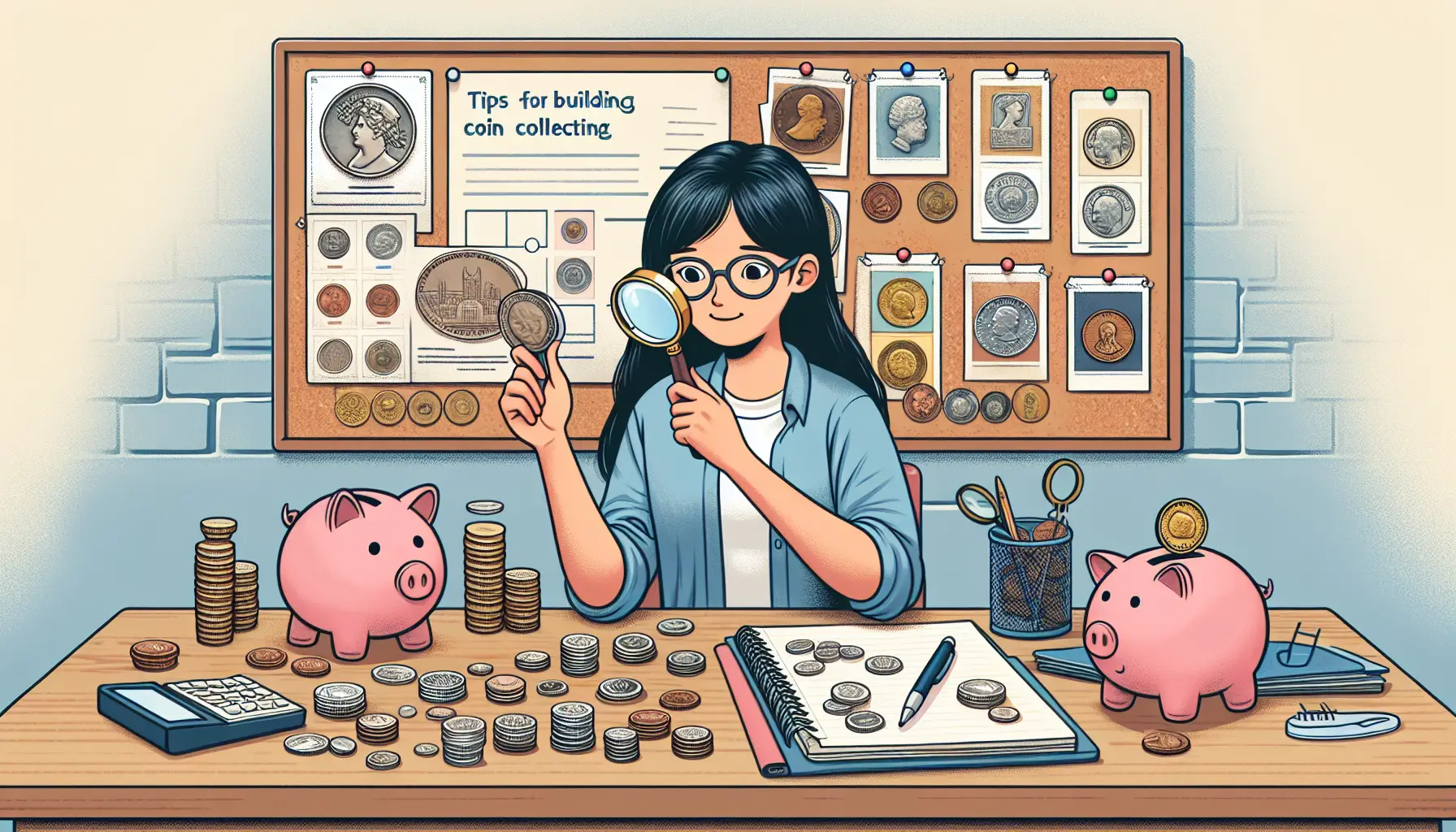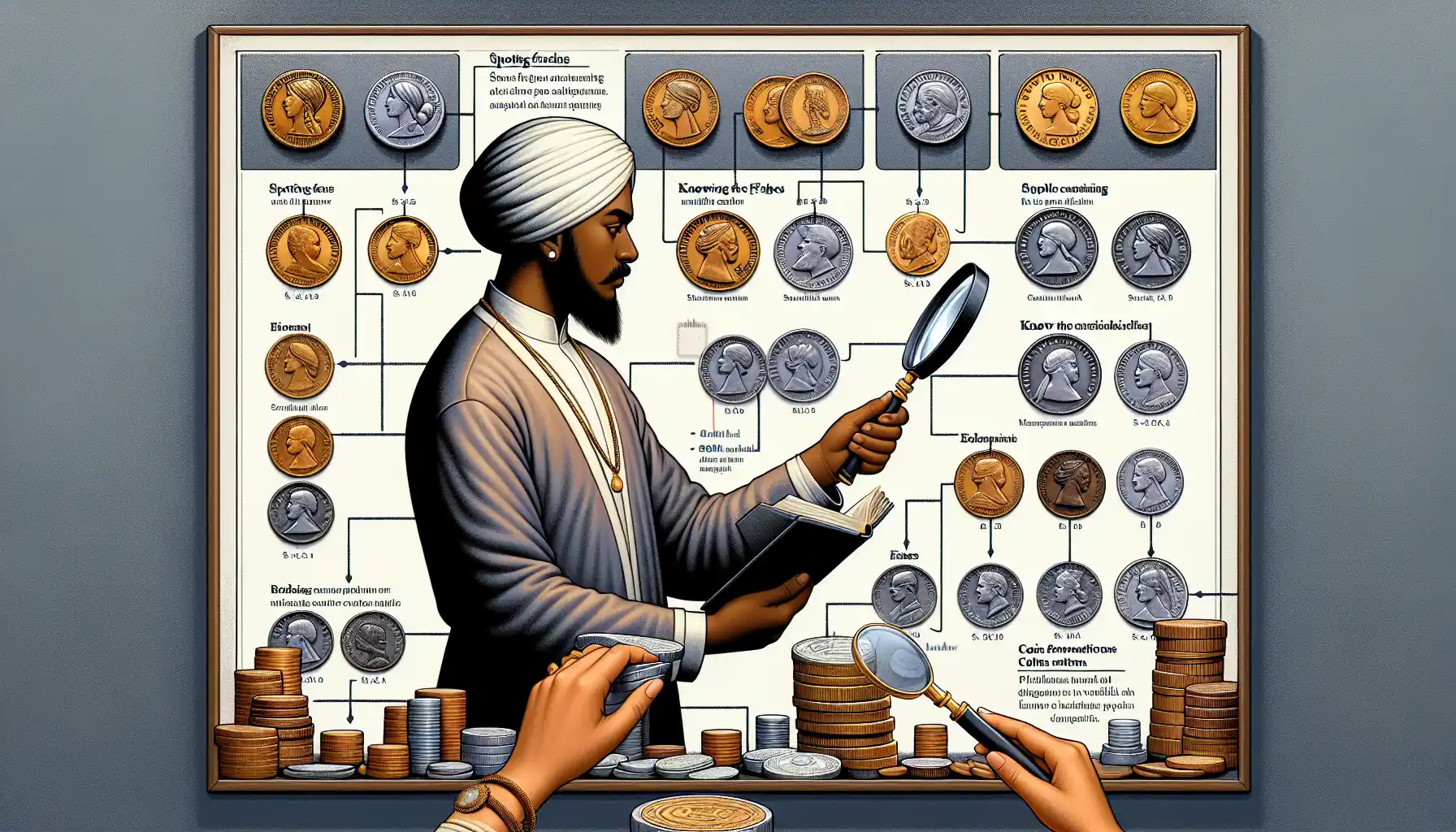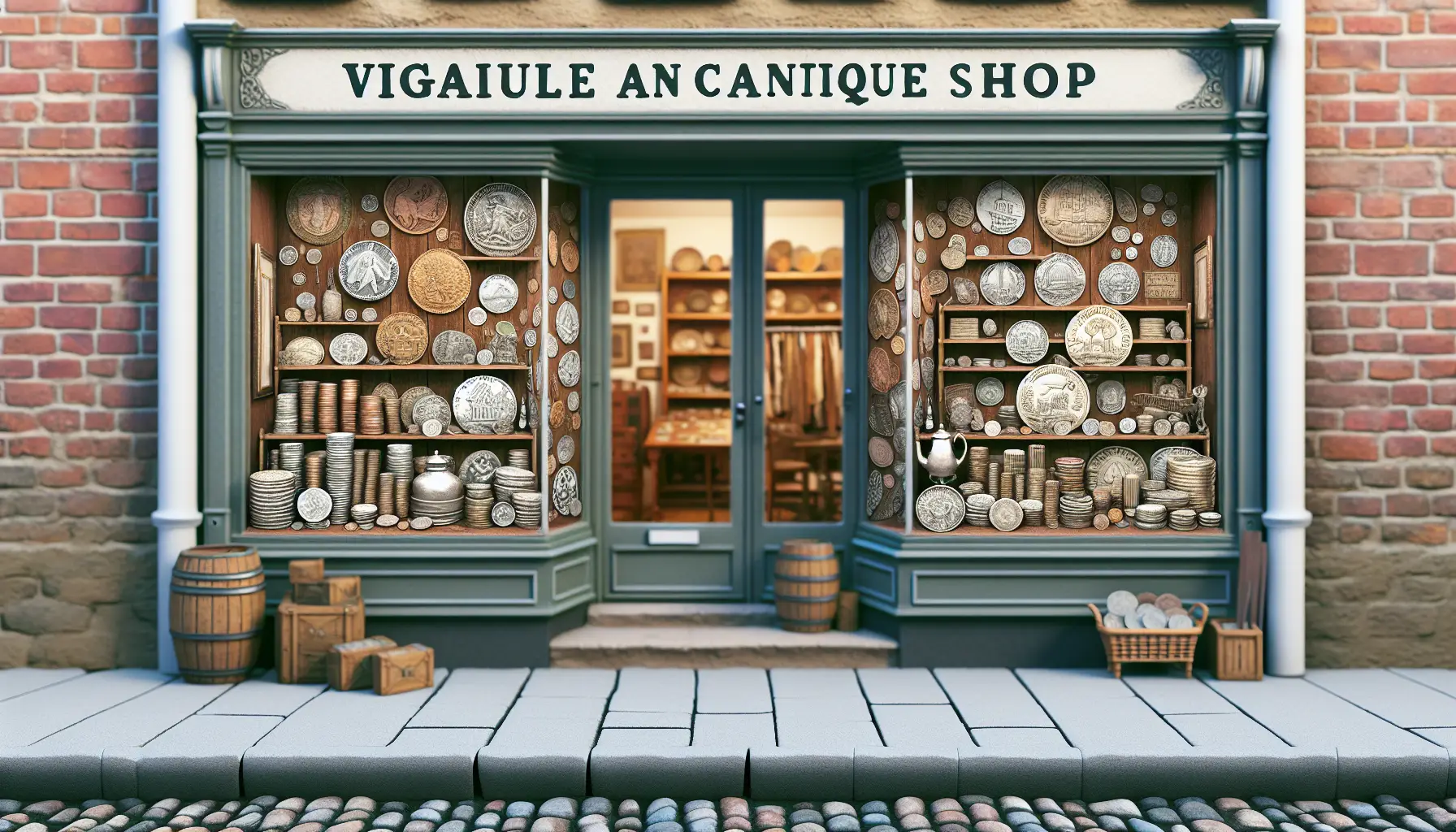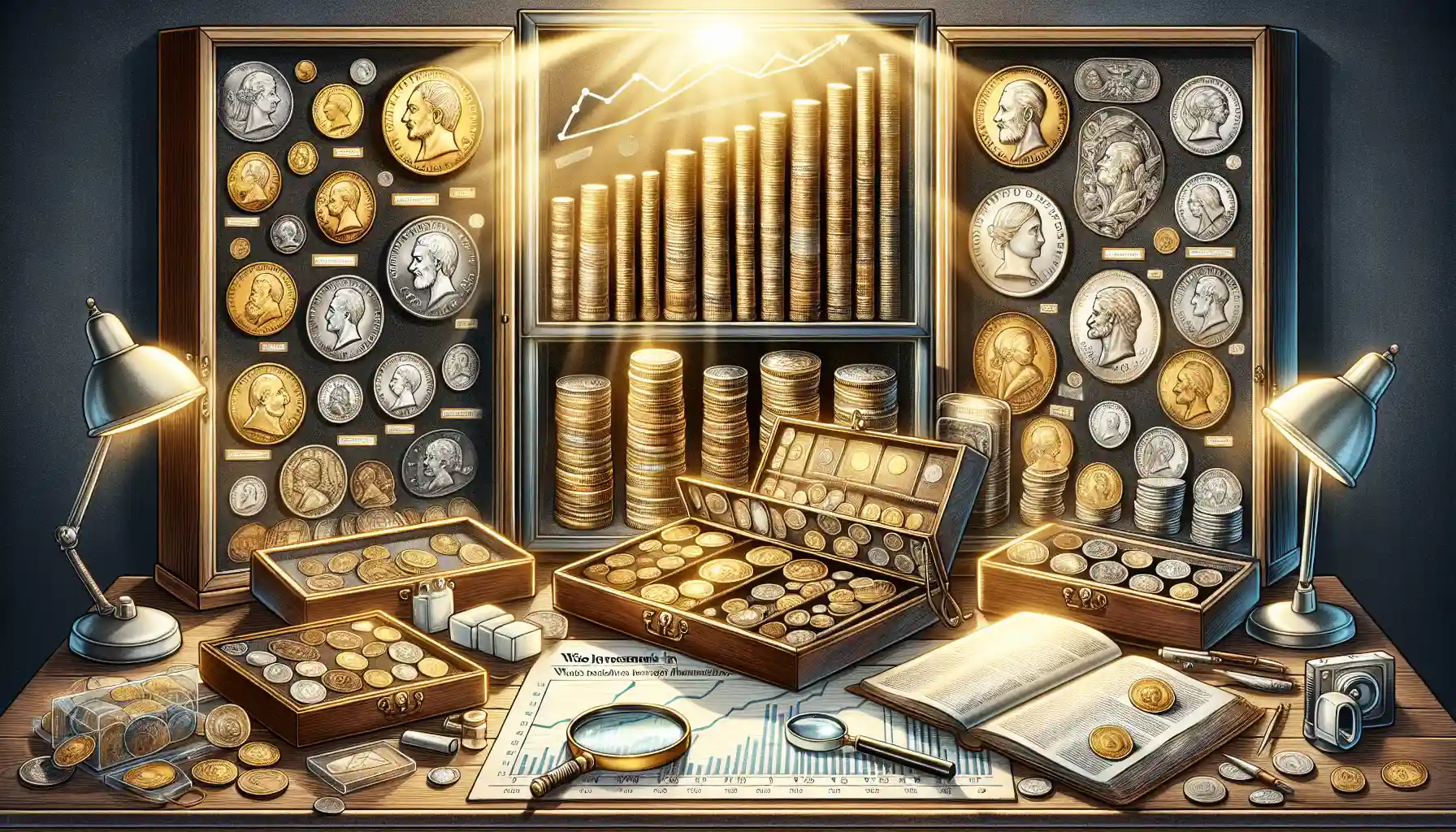How to Build a Successful Coin Collection on a Budget: A Comprehensive Guide
Understanding the Basics of Coin Collecting
Why Coins Are More Than Just Spare Change
Imagine holding a small piece of history in the palm of your hand—a coin that’s been passed down through generations, whispering stories of empires, trade routes, and everyday lives. Coin collecting isn’t just a hobby; it’s like being a time traveler without a machine. The beauty? You don’t need a fortune to start.
For beginners, focus on coins with sentimental or historical value rather than price tags. Start with loose change—yes, those forgotten coins in your jar might be tiny treasures! Look for unique features: a misprint, an unusual year, or foreign coins from vacations past.
Here’s a quick cheat sheet to get started:
- Search for coins minted in special years (like your birth year or major historical events).
- Spot rare finds by looking for limited editions or discontinued currencies.
Even everyday pocket change can surprise you. Did you know some pennies minted in the 1940s are worth thousands today? True story! With a sharp eye and a curious heart, you’ll soon discover the world of coins is richer than you ever imagined.Strategies for Building a Coin Collection on a Budget

Treasure Hunting in Unexpected Places
Building a coin collection on a budget doesn’t mean limiting yourself to high-end auctions or rare coin dealers. In fact, some of the most exciting finds come from places you’d least expect. Think of it like a treasure hunt—everyday locations can hold hidden gems if you know where to look.
Start by checking your own loose change. That old jar of pennies collecting dust? It might hide a wheat penny or even a rare error coin. Don’t overlook thrift stores, flea markets, and garage sales. These spots often have overlooked collections waiting for someone with a keen eye to swoop in.
For a more interactive experience, visit local banks and ask for rolls of coins. Searching through these is called “coin roll hunting,” and it’s a bit like panning for gold—sometimes tedious, but oh-so-rewarding when you uncover a silver dime or a collectible quarter.
- Check vending machines for unclaimed coins.
- Keep an eye on online marketplaces for affordable bundles.
- Ask family members if they have old coins they’re willing to part with.
The key is curiosity. Approach every corner of your world with the thought: “What treasures might be hiding here?”Identifying Valuable Coins and Avoiding Common Pitfalls

Spotting Hidden Gems in Your Change
Ever wondered if that loose change in your pocket holds a secret treasure? Coins can be like little time capsules, carrying stories and value far beyond their face. To identify the gems, start by examining the year and mint mark. For example, a 1943 steel penny or a 1969-S doubled-die Lincoln cent could fetch hundreds—or even thousands—of dollars! These aren’t just coins; they’re pieces of history.
Pay attention to errors, too. A misaligned die or a missing letter can turn an ordinary coin into a collector’s dream. Look closely: is George Washington’s nose slightly off-center on that quarter? That’s no accident—that’s potential cash.
Here’s a quick checklist for your coin hunt:
- Check for rare dates (older doesn’t always mean rarer!).
- Inspect for minting errors or unique features.
- Research key years for popular series like pennies, nickels, or quarters.
Treat each coin like a mystery waiting to be solved. Who knows? That dusty jar on your shelf might just hold a jackpot in disguise!Best Places to Find Affordable Coins for Your Collection

Unearthing Hidden Gems at Local Coin Shops
There’s a certain magic to stepping into a cozy, dimly lit coin shop. The shelves brim with history, each coin whispering tales of distant lands and forgotten times. Local coin shops are a treasure trove for budget collectors like you and me. Here’s the trick: build a rapport with the shop owner. These folks are often walking encyclopedias of numismatic knowledge and may even guide you toward affordable finds that suit your collection.
Don’t overlook the bargain bins—yes, the ones others may dismiss. I once found a stunning 1943 steel penny buried under a pile of loose coins for less than a cup of coffee! Many shops also host “trade days” where you can swap coins or snag deals.
- Ask about uncirculated coins—they’re often cheaper than you’d expect.
- Check for bulk lots; sometimes they hide rare treasures.
Every visit is an adventure. With patience and curiosity, you can uncover pieces that add sparkle to your collection without breaking the bank. Trust me, there’s nothing quite like the thrill of a surprise find!
Online Marketplaces: A Digital Treasure Hunt
The internet is like a sprawling bazaar, and online marketplaces are its bustling coin stalls. Platforms like eBay, Etsy, and specialized sites such as AbeBooks often list coins at jaw-droppingly low prices. But here’s the golden rule: always read the fine print. Pictures can be deceiving, and descriptions might omit crucial details.
For beginners, focus on sellers with high ratings and plenty of reviews. One of my favorite tactics? Setting up alerts for specific coins. For instance, I once scored a 1921 Morgan dollar because I got notified before anyone else!
- Search for “coin lots” for bulk deals that can yield unexpected gems.
- Check auction listings—sometimes bids stay surprisingly low.
Shopping online is like panning for gold: it takes time and effort, but the glittering rewards make it worthwhile. Keep your wits sharp, and you’ll outsmart even the savviest treasure hunters.Maintaining and Growing the Value of Your Coin Collection

Preserving Your Collection’s Shine and Story
Your coin collection isn’t just metal; it’s a treasure chest of stories waiting to be told. To keep those tales alive, proper care is non-negotiable. Coins are surprisingly delicate—like ancient whispers on thin parchment. The oils from your fingers? They can leave marks that last forever. Always handle them by the edges or use cotton gloves. Yes, you’ll feel like a museum curator, but isn’t that part of the fun?
Invest in quality storage too. Airtight holders or albums with soft, acid-free pages are your best friends. Avoid those tempting cheap plastic flips—they can release chemicals that tarnish your coins over time. Think of your collection as a garden: it thrives with the right environment.
- Store coins in a cool, dry place—humidity is their kryptonite.
- Keep them away from direct sunlight to prevent fading and discoloration.
- Consider silica gel packs for extra moisture control.
Every scratch or smudge tells a story, sure, but wouldn’t you rather those stories come from history, not mishandling? Treat each piece like the masterpiece it is, and your collection will reward you with decades of dazzling charm.





